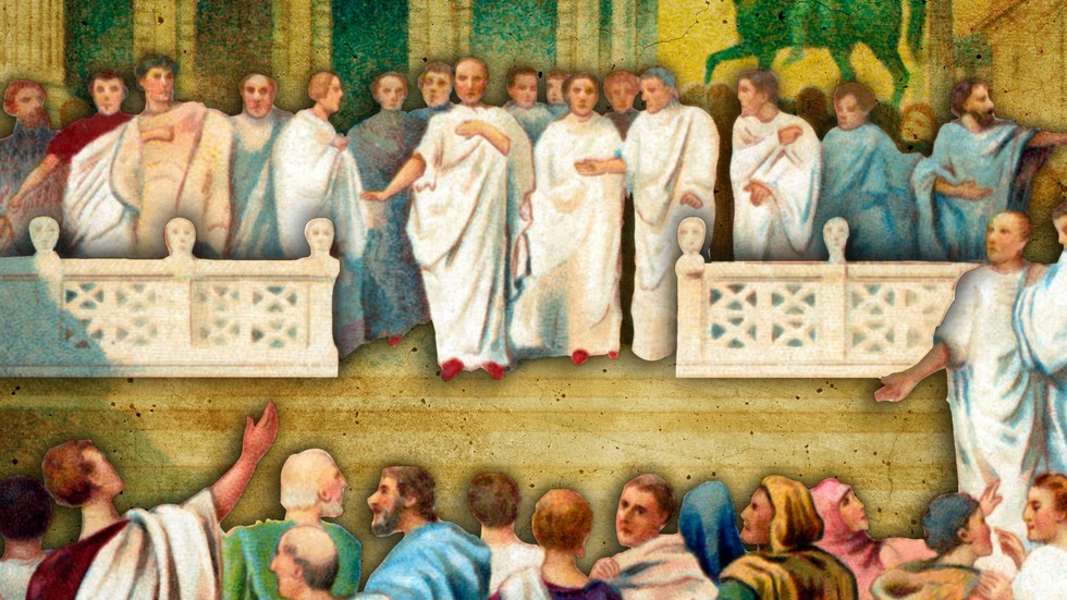Heather Frank
restricted access
At any rate, I just wanted to talk about invocation. An invocation is a type of speech. To say a prayer out loud, whether in public or in private is an invocation. In keeping with the movement of Mars in Holst's symphony. I'll offer you an example. First made by an Italian in Christian times, and also said in English quite often, the Oratory to the Archangel Michael.
I'll type it for you first in the original Italian.
Sancte Michael Archangele, defende nos in proelio,
contra nequitiam et insidias diaboli esto praesidium.
Imperet illi Deus, supplices deprecamur:
tuque, Princeps militiae caelestis,
Satanam aliosque spiritus malignos,
qui ad perditionem animarum pervagantur in mundo,
divina virtute, in infernum detrude. Amen.
I'll type it for you first in the original Italian.
Sancte Michael Archangele, defende nos in proelio,
contra nequitiam et insidias diaboli esto praesidium.
Imperet illi Deus, supplices deprecamur:
tuque, Princeps militiae caelestis,
Satanam aliosque spiritus malignos,
qui ad perditionem animarum pervagantur in mundo,
divina virtute, in infernum detrude. Amen.
Last edited:




